
CHRIS CRUCIAL: A fact-checking experiment that won't work ❌
PLUS: The Substack Election Dialogues!
Read my mission statement! And become an investor in what I am building! It’s $6 a month/$60 for the year. Do it today!👇
CBS News, the host of tomorrow’s vice presidential debate, has made clear that the moderators — Norah O’Donnell and Margaret Brennan — will NOT be providing real-time fact-checking of Tim Walz and JD Vance.
Instead the moderators will “primarily focus on encouraging exchanges between the candidates and enforcing the ground rules, rather than fact-checking,” according to the New York Times.
This decision has occasioned some, uh, debate — with many liberals insisting that CBS is walking away from one of its prime journalistic responsibilities: Making sure that people know the facts.
To address those concerns, CBS is trying something new — an on-screen QR code that, if clicked, will take viewers to a live fact-checking site manned by 20 journalists from the network.
“The idea is to give people that second-screen experience,” Claudia Milne, the senior vice president for standards and practices at CBS News told the Times. “The audience can get the takeaway they need in a responsible and smart way.”
Hmmmm.
This, I predict, will not work. I think CBS is WAY overestimating the number of people who a) know what a QR code is/how to use it and b) are going to, mid-debate, hold up their phones to the TV, click the link and follow along on a 2nd-screen, fact check.
(Sidebar: My 2nd screen in a debate is X. As is most of the political world.)
The other issue for CBS is this: The kind of person who is going to do all that rigamarole to get to their fact-checking experience is not likely the kind of person who needs the fact-checking second screen the most.
I find it impossible to believe that any Trump/Vance supporter will think to themselves “You know what I need to do while I watch this debate? Follow along with a mainstream media fact check!”
And I find it hard — but not totally impossible! — to believe that an undecided voter is going to a) tune into the VP debate at all and b) even if they do, decide that they want to click another link to follow a live fact-check.
This is not, really, meant to dunk on CBS. At least they are trying to figure out how to fact check in a debate setting.
But, the simple fact, as I wrote a few weeks back, is that I do not think the moderators CAN effectively fact check in the midst of a debate.
Here’s the essence of that argument:
I believe, deeply, that there are objective facts. Like, say, the 2020 election was not stolen.
But, I also know that ALL politicians shade and shape facts and figures to work for them. And that these “facts” aren’t necessarily outright false but absolutely need more context in order to give a viewer or reader the full picture.
(To be clear: Trump does this sort of shaping and shading — and outright lying — more than any other politician I have ever encountered. But, they all do at least some of it.)
Given that, I think moderators wading into the fact-checking waters is a very slippery slope. If moderators stopped the debate to fact check everything a candidate says that is not objectively and unquestionably true, they would be interjecting on nearly every answer.
Which would make the moderators the focus of the debate. And the arbiters of who won and who lost. Which is a bad thing.
Not everyone agreed with me! I get it!
But I simply do not see a way — not through moderators fact-checking and certainly not through a QR code that takes you to a website where fact-checking is happening — where you can provide objective context in real time.
Last Friday in the campaign journalism class I am teaching at Georgetown (humble brag!), I had Glenn Kessler, who has been the Fact Checker at the Washington Post since 2011, come in to talk to the students.
Glenn, I learned, also doesn’t believe you can do real-time fact checking in a debate.
His ideal solution? It’s actually already happening in Spain. At the conclusion of a major political debate in Spain, there is a 30-minute fact-checking segment. That’s what’s on TV. If you want to hear about the debate, you watch it. Only after the fact-checking segment is done do the talking heads and pundits come on to chatter about who won and who lost.
I LOVE that idea — and am utterly certain it would never work in the fractured and ratings-chasing news environment in which we live.
Do you have an idea on how to make fact checking work in a debate? I want to hear it!
2. Me, in dialogue
Substack continues to do really cool things in the run-up to the November election. The latest? The Election Dialogues — a live, video conversation between two content creators on Substack.
As the amazing Sophia Efthimiatou described the dialogues:
Idiots can be found everywhere, but the word we hear users of the platform celebrate most often is “community,” whose root is communis—“what is shared.” Community implies active participation and unity in the way that Athenians understood citizenship and its functions. Substack’s model has created the space and the freedom necessary for thought to develop, and aligned incentives to invite discourse that can challenge and advance ideas more harmoniously. It is no surprise that as the platform grew, it became a refuge for the most important voices in politics today, and for those audiences who understood their own agency as thinkers and wished to exercise it.
This is why, in the lead-up to the election, we have invited some of the top publishers in politics to engage with each other in conversation in a series we are calling the Election Dialogues, which will stream exclusively on the Substack app.
Here’s the best news (at least for me): Substack has asked me to participate!
We haven’t announced yet who I will be in conversation with — stay tuned! — but they have already announced some pairings including
and as well as and .I love this idea and am super psyched to be a part of it. As many of you know, I came to Substack 18 months ago not really knowing what I was doing with my life. Thanks to their generosity — and the community of people willing to invest in content creators — I have found a way to continue doing what I love.
I am truly grateful. And excited to see what comes next!
3. Nebraska seat slipping from GOP
There’s been a WHOLE lot of national attention being paid of late to Nebraska’s Omaha-based 2nd district.
That’s largely due to unsuccessful efforts by Donald Trump and GOP Gov. Jim Pillen to change the state’s laws in terms of how it awards its electoral votes. Trump and Pillen wanted to change the rules so that whichever presidential candidate won the statewide vote would win all 5 electoral votes.
That effort failed — and, according to new polling by the New York Times/Siena College and CNN, Kamala Harris looks primed to carry the 2nd district and win a single electoral vote out of Nebraska.
Harris leads Trump 51% to 42% in the district in the Times poll. And her lead is 11 in the district in the CNN survey. If she wins, she would follow in the footsteps of Joe Biden in 2020 and Barack Obama in 2008 — both of whom carried Nebraska’s 2nd.
The Democratic edge at the top of the ticket appears to be having downballot effects as well. The Center for Politics at the University of Virginia moved the seat — where Republican Rep. Don Bacon is seeking another term — from “toss up” to “leans Democratic” on Monday.
As they wrote of Bacon and his Democratic opponent Tony Vargas:
In the House race, Bacon was behind, albeit by smaller margins: Vargas led him by 3 points in the New York Times poll, and by 6 in the CNN/SSRS poll. Another poll, from Survey USA/Split Ticket in August, found Vargas up 6 points, and 3 different publicly-released polls from Democratic sponsors found Vargas up 4-5 points over the past few months. We always have to be wary of partisan polls that get released publicly, although in this instance they tell a tale similar to that told by the nonpartisan surveys.
Nonpartisan House polling is generally very hard to come by, so it’s fairly rare to get not just one nonpartisan poll of a district, let alone several within roughly a month (New York Times, CNN, and Survey USA), all showing the incumbent trailing.
Bacon has survived a tough political environment before. In 2020, as Biden was winning the district by 6 points, Bacon got reelected 51%-46%.
But, if the CNN and NYT polls are accurate — and Harris is winning the district by high single digits — that may too high a hill for Bacon to climb.
NOTABLE QUOTABLE
“Nobody thought this would be happening, especially now it’s so late in the season for hurricanes.” — Donald Trump, in Georgia on Monday. August, September and October are, historically, the months with the most hurricanes.
ONE GOOD CHART
One in four people aren’t planning to put up ANY holiday decorations. MONSTERS.
SONG OF THE DAY
Last week, my wife went to see The War on Drugs and The National. Together! What a show. Which reminded me of how much I like The National’s music. And, lo and behold, the band just released four songs recorded live in Rome — including the amazing “I Need My Girl.”
Thanks for reading! This nightly newsletter brings you ALL of what you need to know from the world of politics. Think of it as a daily cheat sheet! If you want to get it in your email inbox every night at 7:30 pm, become a subscriber today!




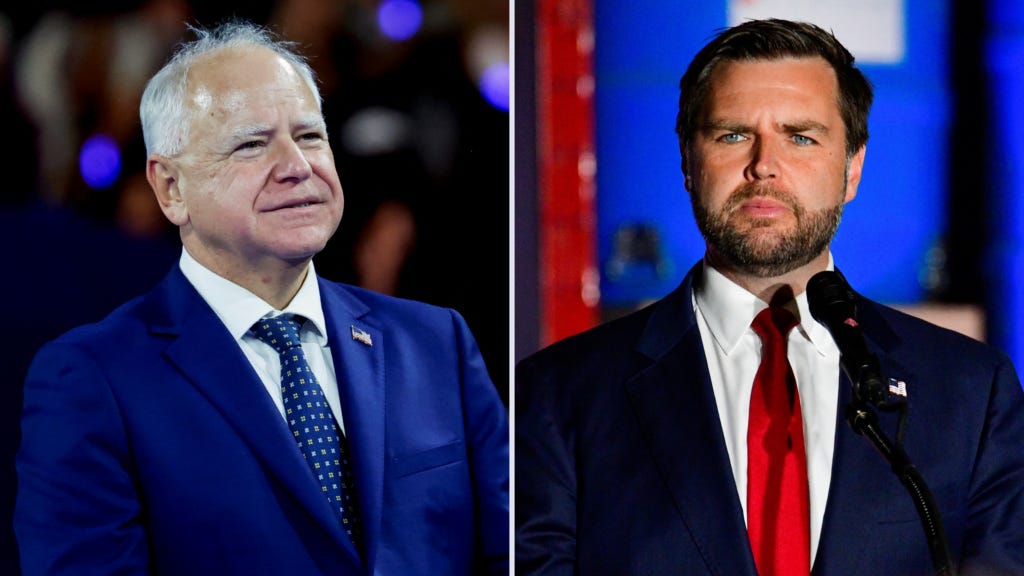
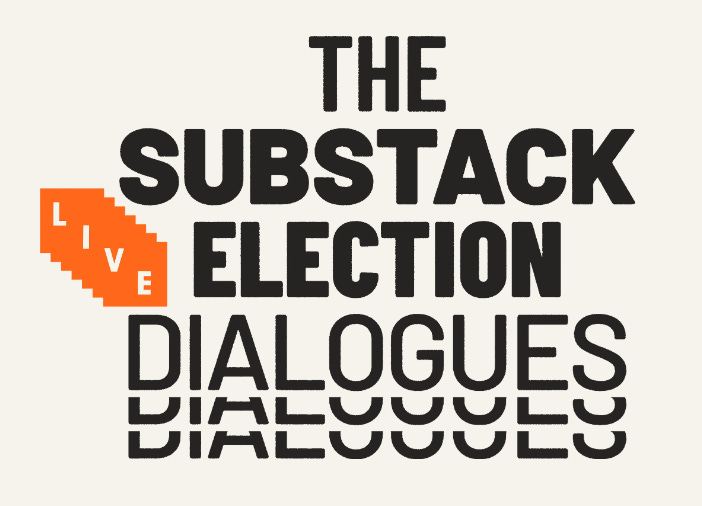
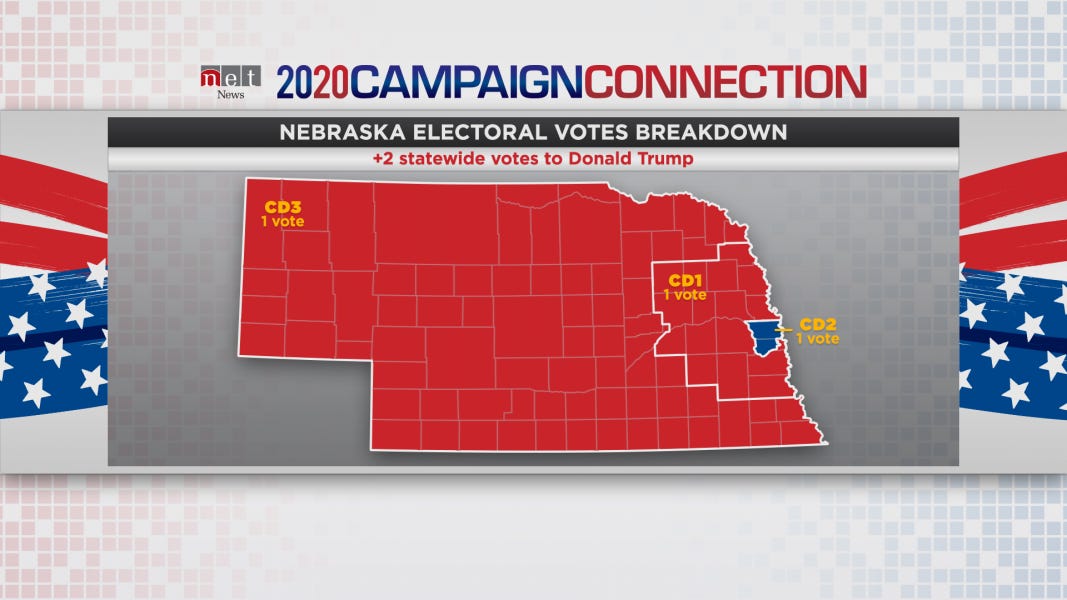
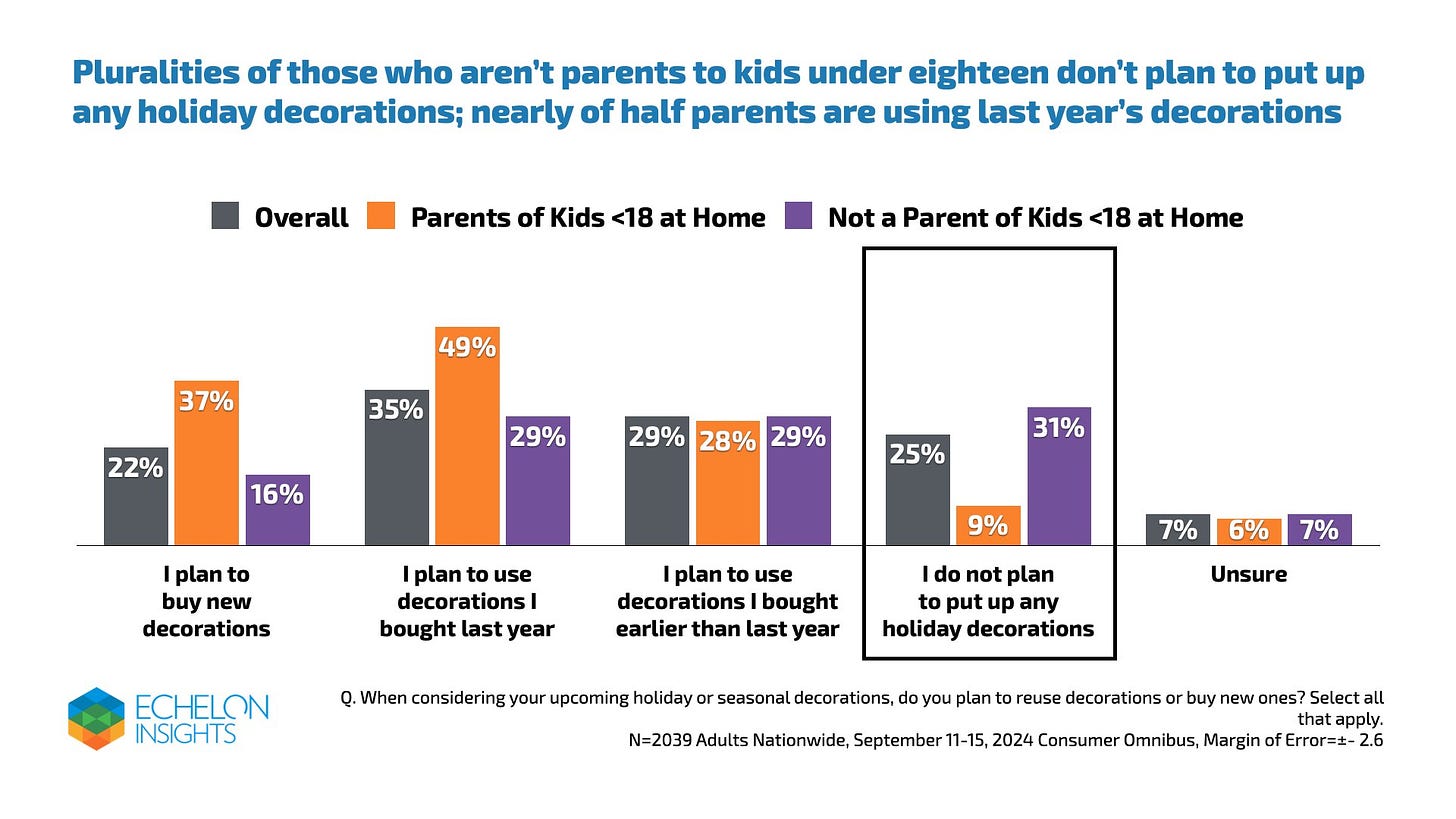





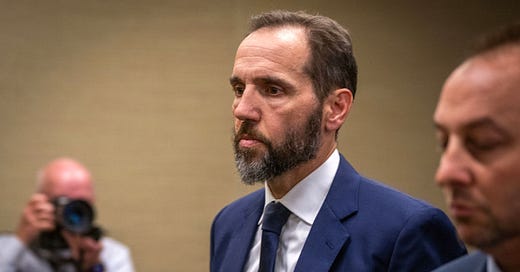

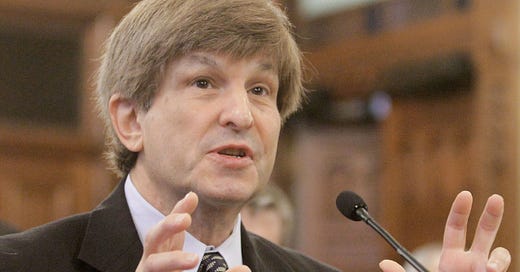

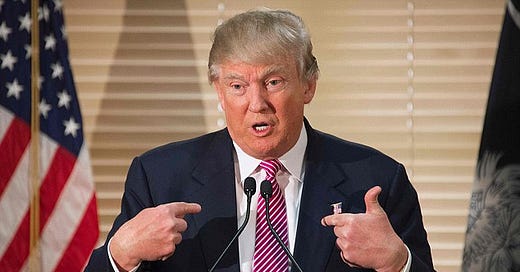

I suggest that Walz immediately write FALSE on his allotted paper (can he get a Sharpie?) and hold it up when needed. His arm will get tired but hey.
Chris, I agree it's hard to fact check 'shades', but ignoring obvious BS ("THEY'RE EATING OUR PETS!!!") is a cop-out....